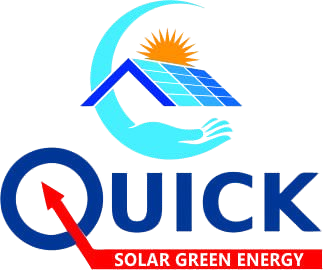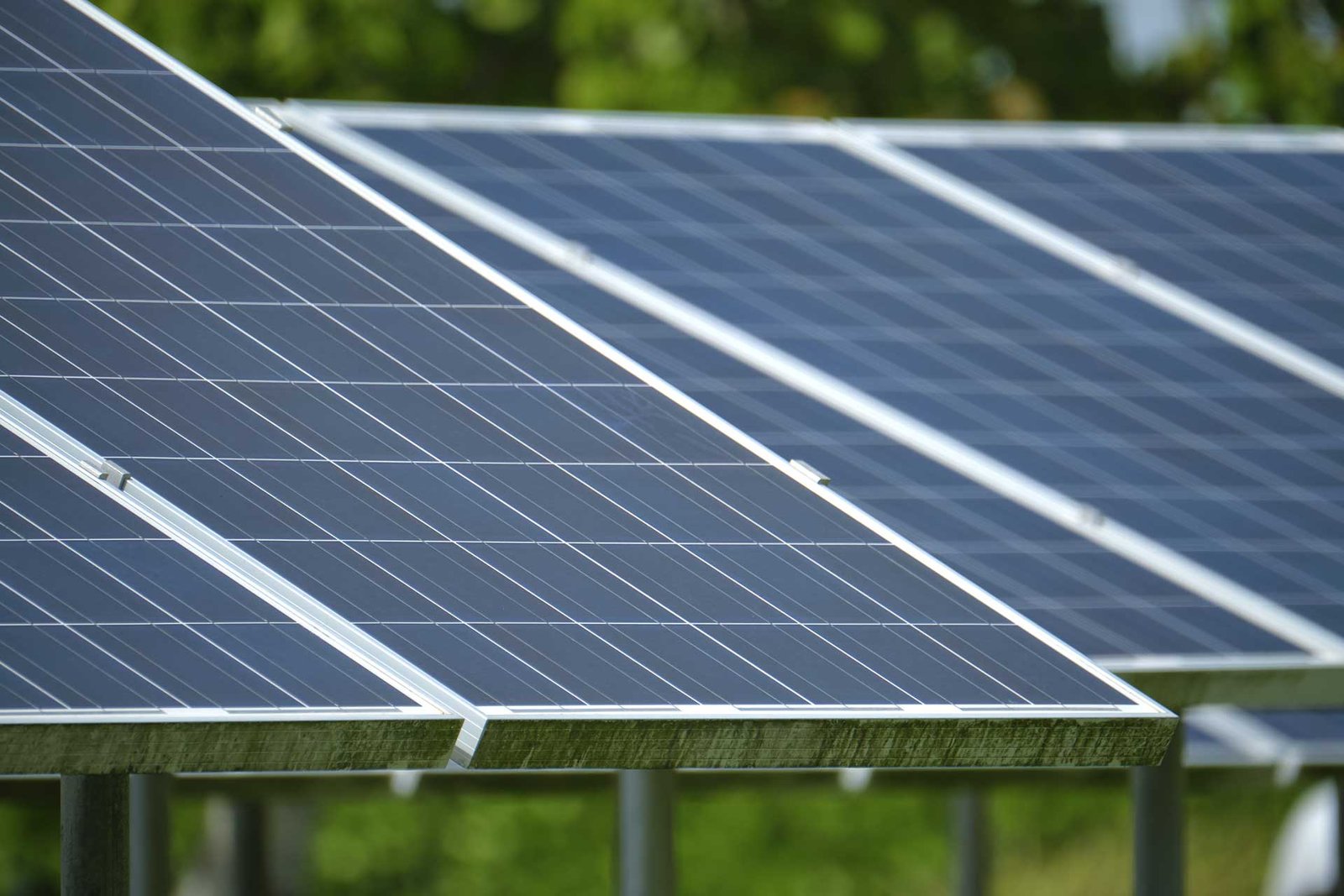Solar energy is rapidly becoming a cornerstone of modern energy solutions. As the world grapples with the challenges of climate change, the depletion of fossil fuels, and rising energy costs, solar power has emerged as one of the most viable, clean, and renewable energy sources. The solar industry has grown exponentially in recent years, with technological advancements making solar power more accessible and efficient than ever before.
In this blog, we’ll explore the global shift towards solar energy and how it is revolutionizing the way we generate electricity. Technological advancements, such as improved photovoltaic (PV) cells and energy storage systems, have greatly increased the efficiency of solar panels. Today, solar energy systems can capture more sunlight and convert it into usable electricity with minimal losses. Additionally, battery storage technology is advancing, allowing homes and businesses to store excess energy generated during the day for use at night or during power outages.
We’ll also examine the environmental and economic benefits of solar energy. Solar power is a clean energy source that produces no greenhouse gas emissions, making it a critical tool in combating climate change. For homeowners and businesses, investing in solar energy can significantly reduce electricity bills and increase energy independence, shielding them from fluctuating energy prices and future increases in utility rates.
Finally, we’ll look at how solar power is being adopted globally, with countries like Germany, China, and the United States leading the way in solar energy production. Governments and private entities are investing heavily in solar farms, incentivizing solar installations, and integrating solar technology into urban planning. The future of energy is solar, and this blog will explore how it’s shaping the energy landscape for a more sustainable tomorrow.



